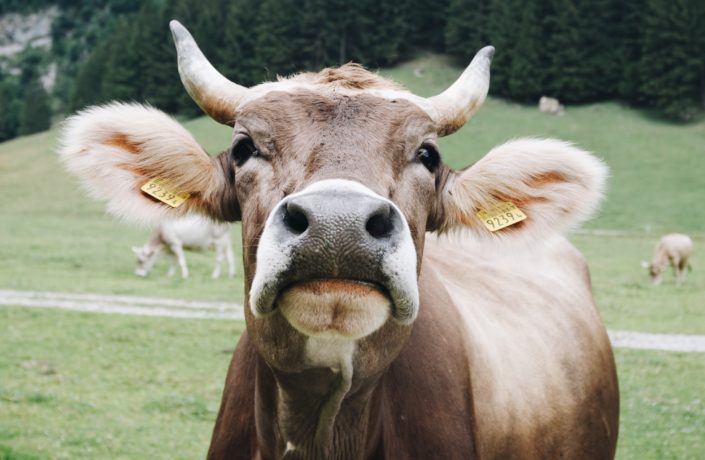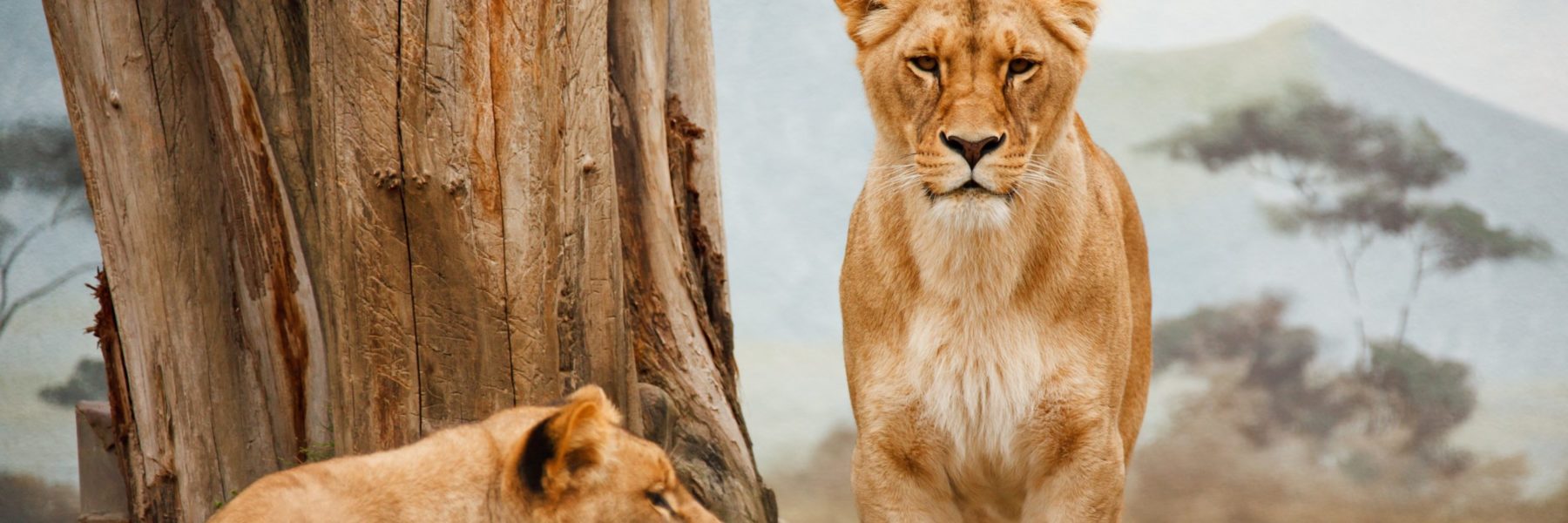 Insight
Insight


It’s easy to see nature and technology as contradictory elements of today’s society; one represents a symbolic – or literal – escape from the other. However, in our innovative, digital world, technology can in fact provide a vital service to the natural one, supporting the charitable organisations tasked with keeping it safe for the generations to come.
This was brought home to us at Nominet in 2016 when we embarked on a project with the Zoological Society of London (ZSL), sharing our expertise in the Internet of Things (IoT) to enhance their conservation efforts. By aiding ZSL to more efficiently gather and analyse real world data in their efforts to detect poachers and monitor changing habitats, we have been able to help them better protect some of the world’s most threatened species.
IoT is an area of tech innovation that Nominet has been exploring through various ‘in-the-field’ projects for many years. This includes the Flood Network, helping to monitor local water levels and protect homes and habitats, and most recently DRIVEN, an autonomous vehicle (AV) project that trialled a fleet of connected cars on the roads of London and Oxford. In both cases, we collected data ‘in the wild’ – coping with everything from road traffic congestion to network traffic congestion. We also developed a means of collating and analysing the data on a platform that allowed for real-time access that facilitated action, perhaps amending a route to avoid traffic or alerting the authorities of a flood risk.
Such threat monitoring expertise is not limited to Nominet’s research and development team. As the registry for the national internet namespace, we have over two decades of experience in tracking, analysing and reacting to malicious activity that would undermine the security of our systems and networks. In many ways, our work with ZSL follows the same basic principles of this cyber security work: collecting data in challenging conditions and creating a platform to collate multiple channels and analyse the data remotely. Specifically, Nominet’s IoT expertise forms part of ZSL’s Instant Detect, a wildlife, environment and threat monitoring system that can help preserve and protect species in some of the most demanding, wild and unconnected parts of the world. The system combines rugged cameras and sensors into a low-power radio network to monitor wildlife and detect human activity. The captured data is then transmitted using satellite connectivity to Nominet’s IoT Tools platform in the cloud.
The platform is accessible to conservationists no matter where they are in the world and helps them understand conditions on the ground, identify threats and develop methods to meet identified challenges. For example, the human detection sensors can serve as an early warning system of illegal activity, supporting the on-going efforts to tackle poaching. Such data capture could prove a vital link in the chain when racing to save species from extinction, especially in challenging terrains, and Nominet is proud to be able to bring our technical capabilities and knowledge to support such admirable endeavours.
Through this work with ZSL – and our other projects – our team has been able to develop our own expertise in this area and created a platform we believe could be valuable in a variety of settings. To that end, we have decided to now make IoT Tools, the IoT data collection, analysis and insight platform that is used in Instant Detect, open source. Not only will this give the wider conservation community access to the platform to support their activities, the tech community will also be able to get their hands on it, pushing the capabilities of the platform still further with their own expertise. We look forward to seeing where IoT Tools might go next – and who else it could help.
Even though the media is full of cyber attacks and online scams, projects such as this are refreshing reminders that technology can be a force for good: it is application and intentions that matter. Technology has real potential to help us tackle some of the world’s biggest challenges, such as the extinction of species, if we work together, share expertise and drive forwards towards positive outcomes.
Originally posted here